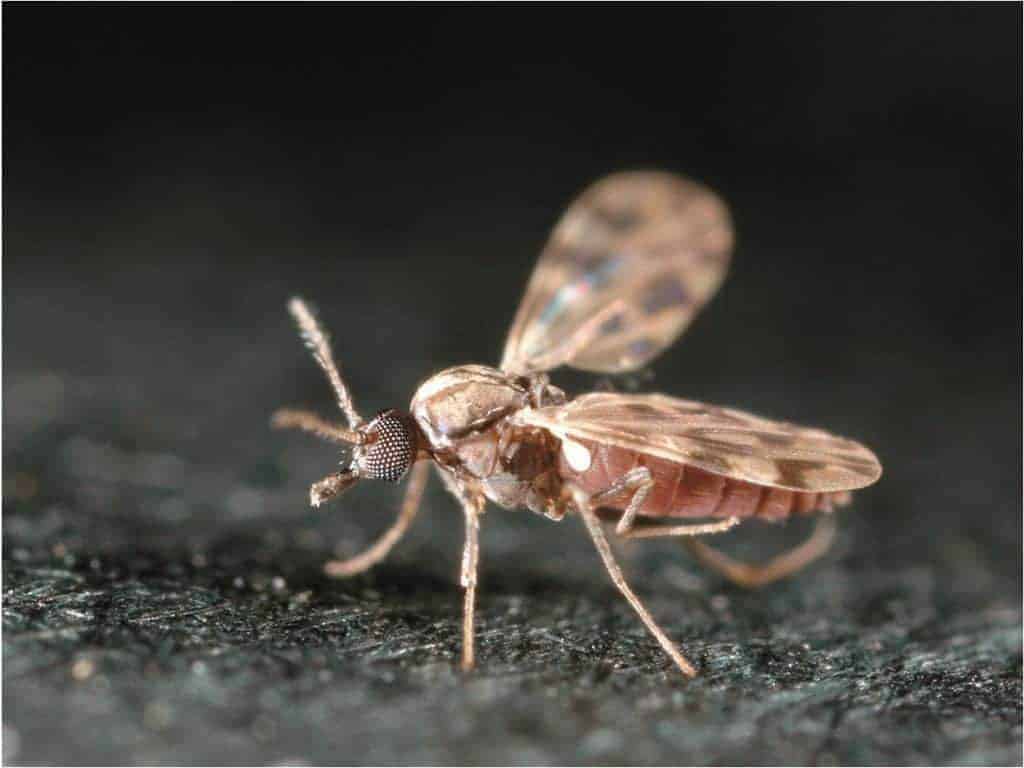
West Nile Virus in Horses: Prevent the Preventable
Work with your veterinarian to ward off this potentially deadly mosquito-borne disease.

Work with your veterinarian to ward off this potentially deadly mosquito-borne disease.

South Carolina had one of the lowest incidences of EEE in the Southeastern U.S. in 2018, and animal health officials hope owners will keep horses’ vaccines current to maintain those low case numbers.

Butte County public health officials say they’re concerned about an increased number of mosquitoes capable of transmitting WNV due to late-season rainstorms and more breeding sites in the 2018 Camp Fire burn zone.

As mosquito season approaches, animal health officials are encouraging horse owners to have their animals vaccinated against EEE and WNV.

Reported diseases included African horse sickness, atypical myopathy, contagious equine metritis, salmonellosis, and more.

Studies have shown that vaccines can be effective in reducing the risk of horses contracting both EEE and WNV when administered appropriately. Here’s why you should vaccinate your horses.

Researchers found that, overall, the British owners surveyed had poor awareness of bugs (such as mosquitoes and midges) and insect-transmitted diseases that could affect their horses.

Officials reported diseases including African horse sickness, equine influenze, strangles, EHV-1, EIA, and more.

The unvaccinated 17-month-old grade filly was euthanized.

An 8-year-old Saddlebred mare from Loudon County and a 7-year-old Tennessee Walking Horse from Monroe County tested positive for WNV.

This is the fourth confirmed case of WNV in North Carolina horses in 2018.

The unvaccinated 7-year-old Percheron gelding presented with hind-limb ataxia and muscle fasciculation but has a favorable prognosis for recovery.

The two new cases—confirmed in a donkey from Medina County and a Belgian mare from Wyandot County—bring Ohio’s case-count total to 50 so far this year.

The unvaccinated horse in Davie County is the fourth North Carolina horse to test positive for WNV this year.

A yearling Grade filly with unknown vaccination history began displaying neurologic signs. She tested positive for WNV and was euthanized.

An 8-year-old Tennessee Walking Horse mare from Warren County tested positive on Nov. 1. Her vaccination status is currently unknown.
Stay on top of the most recent Horse Health news with
"*" indicates required fields